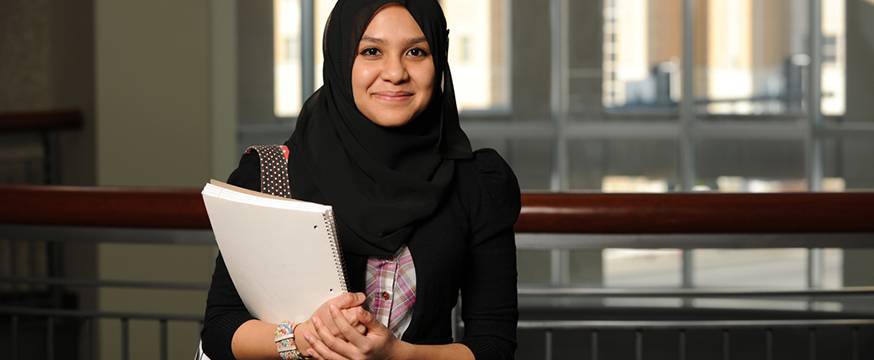
Improving learning in Abu Dhabi
Research 22 May 2014 3 minute readA major educational assessment for the Abu Dhabi Educational Council (ADEC) for 2014 to 2016 is providing information on student progress and appropriate teaching interventions to support further improvement in student learning outcomes.
The work for ADEC’s External Measurement of Student Achievement (EMSA) program involves the development of informative diagnostic structures in order to provide information to improve student learning outcomes in future iterations of the program.
The priorities for ADEC of EMSA include:
- assessment to maximise diagnostic information to enable teachers to identify the best next teaching steps
- the development of a curriculum-linked standards framework and standards descriptors to inform appropriate stakeholders of what students know and can do, and what they are expected to know at a particular period in their educational journey, and
- the validation of equating methodologies so that measures of students’ growth in learning over time can be reported.
To support those priorities, ACER is providing high quality, user-friendly reports to enable educators to make best use of the assessment data for improved student learning outcomes, as well as reliable aggregated data to inform policy makers in terms of the impact of system-wide interventions.
The EMSA work draws on ACER’s experience in the development of standards frameworks and reporting frameworks to describe the typical outcomes achieved within proficiency bands. These descriptions of typical outcomes not only enable a report reader to understand the curriculum skills that have been achieved by a student in a particular band but also what skills are present in the next band – the skills that are yet to be mastered.
The work program includes a plan for the development of reports that indicate growth over time at the student, school and system levels to assess the effectiveness of policy interventions. It also includes the description of the typical learning outcomes of a student whose performance is currently reported as A through E, as well as student, school and system demographic data to identify and explain variations in the performances of students from various demographic groups.
The EMSA program involves the assessment of students in Grades 3 to 12 in Arabic reading and written expression, English reading and written expression, mathematics and science in 210 schools in the Abu Dhabi, Al Gharbiah and Al Ain regions.
Following analysis of items from the 2013 cycle of EMSA that informs the overall test design and item scope, and a review of curriculum documents, ACER is finalising assessment materials for the assessment cycle of 2014.
Measures to ensure the uniform the delivery of the assessment include the development of a school coordinator manual and test administrator manual, as well as the provision of school coordinator workshops to standardise the administration procedures within ADEC’s 214 schools. These strategies will be supported by a bespoke web portal to facilitate communication and the flow of information between ACER and schools. ACER is also providing professional development for markers.
The EMSA work by a large ACER team is led by ACER’s Chris Freeman, Research Director in ACER’s Systemwide Testing program, with logistics leadership provided by Alan Egbert, Manager of ACER’s Dubai office in the United Arab Emirates.